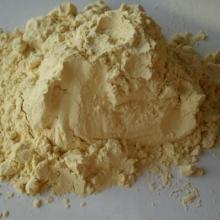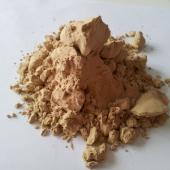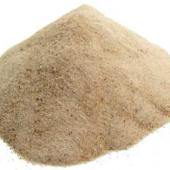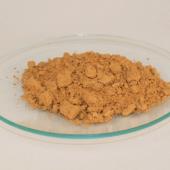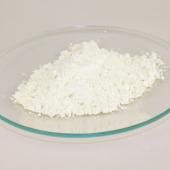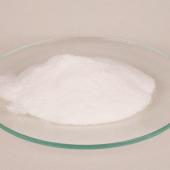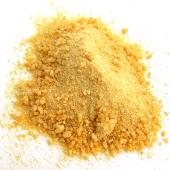A binder is an adhesive substance that is used in pyrotechnics to bond powdered compositions in to solid forms, such as but not exclusively; stars, grains, and some fuses (black match), and primes. Glues used for other applications, such as gluing paper products can also be included in the definition of a fireworks binder.
There are two general binder types; solvent activated binders, which are by far the most common, and curing polymers, such as Polyurethanes and Epoxy resin. Solvent activated binders can be catagorised by the solvent needed to activate them. Water activated binders are most commonly used, and include Dextrin, SGRS, Gum Arabic, CMC, and Wheat Paste. Parlon, Red Gum, Shellac, Nitrocellulose, PVC and Saran resin requre various organic solvents to work as binders.
Binders used in pyrotechnic compositions always have two or more roles. All of the common binders have a fuel value. For some binders, such as Red Gum, this is most commonly their main use. Parlon is also usually not used as a binder, and is mainly added for the chlorine content, and an accessory fuel. This is why many compositions have multiple chemicals that could serve as a binder, such as Parlon, red gum and Dextrin. In this case, Dextrin is the intended binder, while Red gum is intended as a fuel, and Parlon is intended as both a fuel and a chlorine donor. It it however, not uncommon for people to use acetone to activate both the Parlon and Red gum as co-binders, which allows the stars ro be dry much faster than if water was used, an attitude particular to hobbyists because commercial opperators usually have the patience to use water, and want to avoid the higher cost of acetone.

